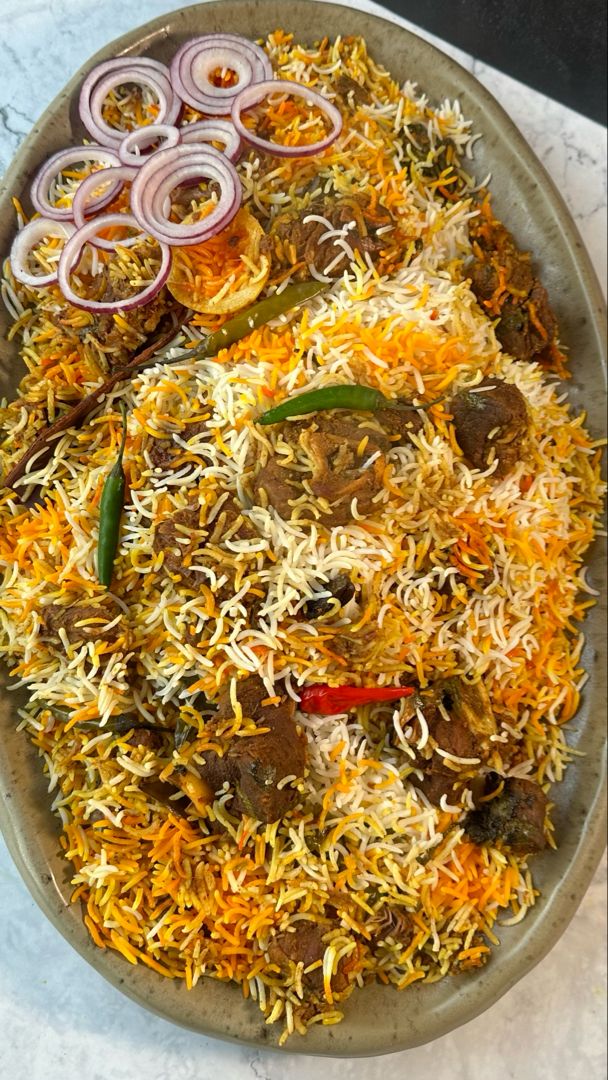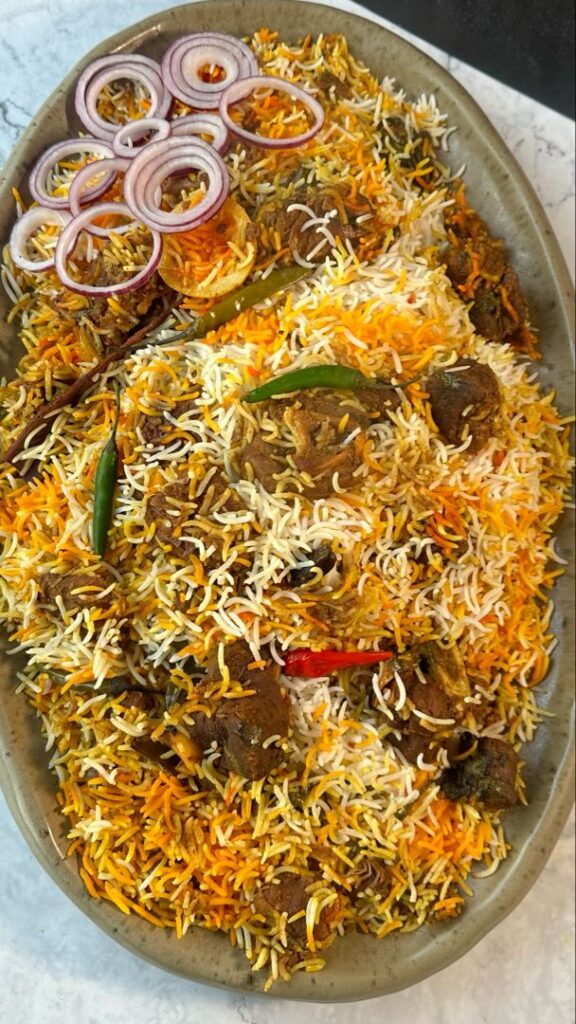
🕌🌙 Sweet Rice to Biryani: Foods That Honor the Birth of the Prophet (PBUH)

What Special Dishes Are Made on 12 Rabi al-Awwal?
The month of Rabi al-Awwal holds great importance in Islam. The 12th of Rabi al-Awwal is especially blessed because it marks the birth of Prophet Muhammad (PBUH). On this day, Muslims around the world celebrate with prayers, gatherings, charity, and food sharing. One cherished tradition is preparing special dishes for family, friends, and the poor. These meals not only spread joy but also show gratitude to Allah.
Why Food Matters on 12 Rabi al-Awwal
Food plays an essential role in 12 Rabi al-Awwal celebrations. Families prepare special dishes to express their love and devotion. In addition, sharing meals with others becomes an act of charity (sadaqah). Different cultures cook different recipes, yet the goal always remains the same—honoring the Seerat-un-Nabi and spreading blessings.
Sweet Dishes for 12 Rabi al-Awwal
Sweet foods often take center stage on this blessed day. They symbolize happiness and create a festive mood. Moreover, they are easy to share with neighbors and guests. Popular options include:
- Sweet Rice (Zarda) – Golden rice with saffron, sugar, and dry fruits.
- Kheer – A creamy pudding made from rice, milk, cardamom, and nuts.
- Halwa – Varieties such as suji halwa and gajar halwa remain favorites.
- Sheer Khurma – A traditional dessert with vermicelli, milk, and dates.
Together, these sweet dishes bring families closer and fill homes with warmth.
Savory Foods for 12 Rabi al-Awwal
In addition to sweets, many families also enjoy hearty savory meals. These dishes balance the menu and provide a sense of celebration. Some well-loved choices are:
- Biryani – Spiced rice layered with meat, often considered the star of the table.
- Pulao – A lighter rice dish, cooked with broth and mild spices.
- Chicken or Mutton Curry – Flavorful curries paired with naan or roti.
- Kebabs and Snacks – Items like pakoras, kebabs, and samosas make gatherings livelier.
As a result, these meals turn the day into a complete family feast.
Regional Foods for 12 Rabi al-Awwal
The menu of 12 Rabi al-Awwal special dishes varies across cultures. In South Asia, people often prepare zarda, kheer, halwa, and biryani. In contrast, families in the Middle East enjoy baklava, dates, meat stews, and fresh bread. Meanwhile, African Muslim communities cook grains, curries, and stews.
Although the foods differ, the intention behind them stays the same: to honor the Prophet (PBUH) and share joy with others.
Spiritual Value of Sharing Food
Preparing and distributing 12 Rabi al-Awwal foods goes beyond culture. It also carries deep spiritual value. By sharing meals, Muslims show love for Prophet Muhammad (PBUH), practice generosity, and spread happiness. Furthermore, feeding others is highly rewarded in Islam, and on this blessed day, the reward increases.
Many families send special dishes to relatives and neighbors. At the same time, they ensure that the poor also receive a share. Therefore, the celebration strengthens unity and spreads blessings within the community.
Conclusion
The celebration of 12 Rabi al-Awwal feels incomplete without special dishes. Families prepare both sweet and savory meals to mark the day with joy. From zarda, kheer, and halwa to biryani, pulao, and curries, every recipe reflects love and gratitude.
These dishes bring people together and encourage sharing. In conclusion, the tradition of cooking 12 Rabi al-Awwal foods combines cultural joy with spiritual devotion. It reminds Muslims of the Prophet’s (PBUH) blessings and teaches them to live with kindness, unity, and thankfulness.





